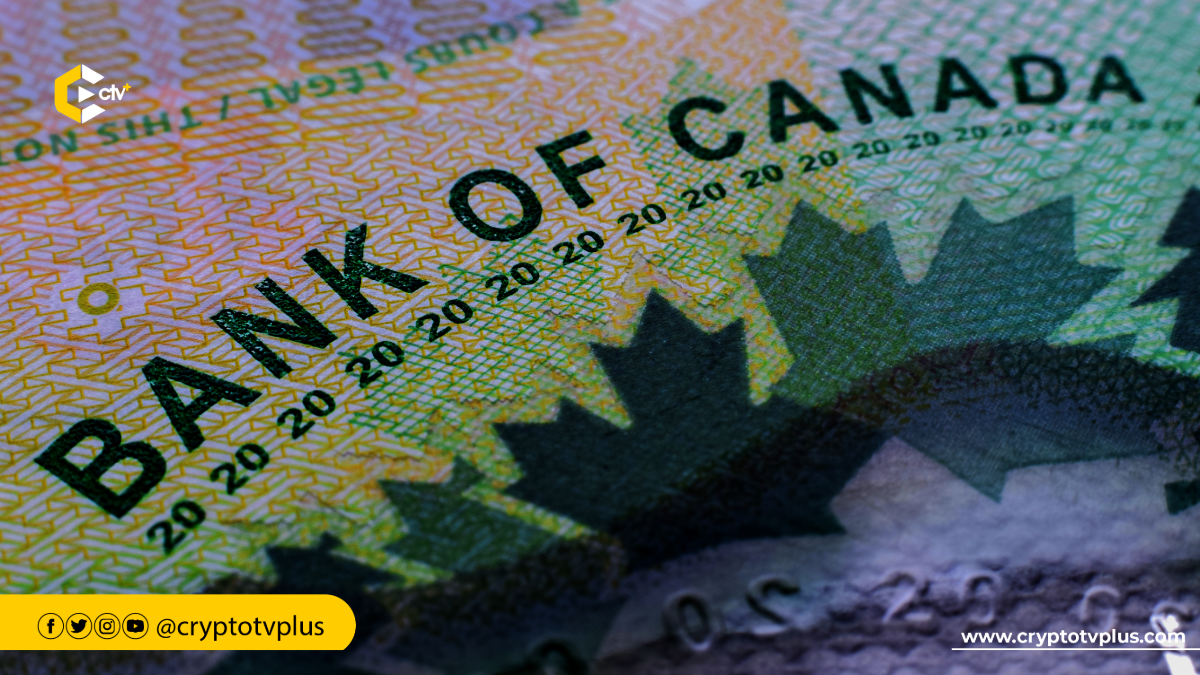News
New study reveals Canadians’ lack of enthusiasm for digital Canadian dollar

Some Canadians are not so keen on having a digital version of their currency – the Canadian dollar.
The Bank of Canada recently surveyed Canadians about the possibility of creating a “Digital Canadian Dollar,” and the responses showed mixed feelings. While many Canadians were interested in the concept of digital cash, they also raised concerns about privacy, security, and ease of use.
The survey showed that while some people would be open to adopting a digital dollar, the level of enthusiasm for this was not especially high. The apex bank noted that there was a notable group that firmly opposed the idea.
For Canadians to widely accept a digital currency, both customers and businesses would need to adopt it, as successful payment systems require both sides to be on board. To explore this, the Bank of Canada plans to reach out to merchants for their views.
The Digital Canadian Dollar, also known as a Central Bank Digital Currency (CBDC), is a digital form of the country’s fiat currency issued and regulated by its central bank. Unlike decentralized and often volatile cryptocurrencies like Bitcoin and Ethereum, CBDCs are crafted to offer a stable and secure means of payment.
They aim to boost financial system efficiency, streamline payment processing, promote financial inclusion, and potentially lower cash handling costs.
CBDCs can facilitate diverse transactions, from everyday purchases to cross-border payments. They may also offer features like programmable money and improved transaction tracking for regulatory purposes.
Balance between consumers and businesses
The digital dollar would likely need to be accepted by at least 60% of merchants before Canadians would seriously consider using it, as widespread acceptance is a top priority for consumers.
The study highlighted that, to encourage early adoption, the digital dollar should be free to use, simple to operate, and available on familiar devices like smartphones and payment cards.
Canadians also called for a highly reliable system that protects personal data, ensures secure transactions, and offers a convenient experience. They expect this digital dollar system to be even easier and more secure than current payment methods.
While interest in offline digital currency options was low, some Canadians wanted this feature for emergencies. However, cash remains the preferred backup method in such situations.
Interestingly, some respondents expressed a desire for an unregistered version of the digital dollar to help those without access to traditional banking. Yet, many still preferred a registered option for security reasons, like recovering lost funds.
Nations adopting CBDCs?
Countries worldwide have adopted varied approaches to Central Bank Digital Currencies (CBDCs), reflecting their distinct economic contexts, technological readiness, and regulatory frameworks.
In China, the People’s Bank of China leads the way in developing the digital yuan. This initiative aims to modernize the payment system, enhance financial inclusion, and counter the growing influence of private digital currencies. The digital yuan is currently in its pilot phase, with trials underway in major cities. The government views this as a strategy to maintain financial system control and improve the efficiency of monetary transactions.
In the United States, the Federal Reserve has taken a more cautious stance. While there is interest in exploring a digital dollar, the Fed stresses the need for careful consideration of potential risks and impacts on the banking system. A discussion paper released in 2022 highlighted concerns about privacy, security, and potential disruptions to the existing financial system.
The U.S. is consulting with stakeholders to gather opinions before moving forward with any decisions regarding a CBDC. The CBDC has also resurfaced as an issue in the coming election with republican candidate, Donald Trump saying there won’t be a CBDC in the US if he win.
The European Central Bank (ECB) is actively exploring the concept of a digital euro. Through public consultations and research, the ECB has identified potential benefits, such as improving payment systems and enhancing monetary sovereignty. However, the ECB emphasizes that any digital euro would coexist with cash, aiming to complement rather than replace existing forms of currency.
In contrast, countries like El Salvador have embraced Bitcoin and are exploring other digital currency options. The government has adopted Bitcoin as legal tender, demonstrating a willingness to innovate within the financial sector. This move, however, has raised concerns about stability and regulation.
In the Caribbean, countries like the Bahamas have already launched a Central Bank Digital Currency (CBDC) called the Sand Dollar. This initiative aims to increase financial inclusion, particularly in remote areas, highlighting how smaller economies can leverage digital currencies to improve access to financial services.
In Africa, several countries are considering or piloting CBDCs. For example, Nigeria has launched the eNaira to enhance financial inclusion and streamline cross-border transactions. Meanwhile, other nations are evaluating the potential benefits of CBDCs in combating inflation and increasing transaction efficiency.
























